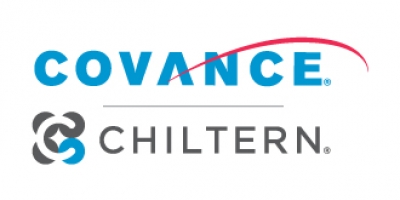Traditionally, inflammatory diseases have been addressed individually, dictated by the physical site of the disease such as lung, gut or joints. The discovery that rheumatoid arthritis and Crohn’s disease share similar immune dysregulation has led to a shift in the management of immune-mediated inflammatory diseases (IMIDs) from one of organ-based symptom relief to mechanism-based treatment.
Today’s shift from organ-based symptom relief to mechanism-based treatment can be effective in treating multiple inflammatory conditions, but many factors must be considered to translate inflammation from the bench to the clinic. Common challenges include implementing a strategy to ensure data quality, enabling patient recruitment and retention, and attracting trial sites and investigators.
Attend this webinar to hear insights from two experts in the field as they discuss solutions to overcome trial challenges with immune-mediated inflammatory diseases (IMIDs) and a range of strategies to improve clinical trial conduct.
Presented by

Joan Meyer, PhD,
Executive Director, Strategy and Planning, iiGM
Dr. Meyer has more than 30 years of pharmaceutical and CRO experience, first joining Procter & Gamble, where she began her career in the research labs. While in the clinical development division, Dr. Meyer led the development of drugs in the areas of arthritis, osteoporosis, gastrointestinal, urology, sleep and women’s health. Following Procter & Gamble, Dr. Meyer joined a global CRO with leadership positions in project management, strategic marketing and served as global head for study startup.

Michael George, MBBS, MRCP, MFPM,
Vice President, Medical and Scientific, iiGM
With 21 years of experience in the international pharmaceutical industry, Dr. Michael George has worked across all phases of clinical drug development in multiple therapeutic areas, including inflammation, allergy, respiratory, cardiovascular, metabolic and women’s health. His publications include numerous articles in the areas of hypertension, heart failure, diabetic retinopathy, inflammation and neuroendocrine modulation.





